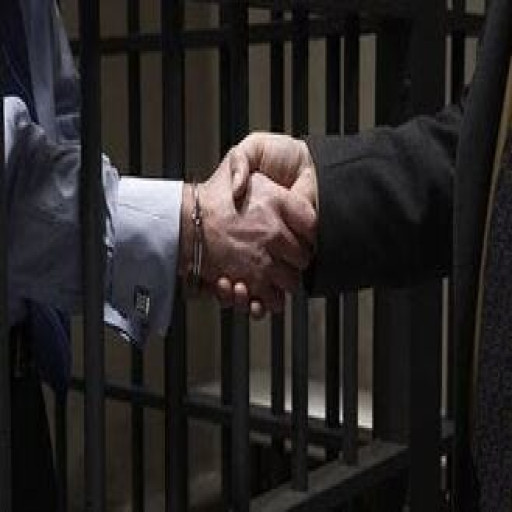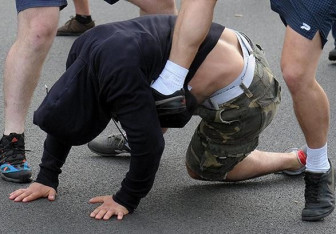Lawyer with 15 years of legal experience, specialization: family and civil law, inheritance, contract law, criminal cases, administrative cases, cases involving foreigners, migration law
Article 121 of the Criminal Code of Ukraine (CCU) provides for liability for intentional infliction of grievous bodily harm, which is one of the most serious crimes against the person. Charges under this article can lead to severe penalties, including long prison terms. In such a situation, the role of a lawyer is extremely important to ensure an effective defence of the accused. In this article, we will consider the key aspects of the work of a defence lawyer in cases under Article 121 of the CCU, his/her duties, defence strategies and importance for the accused.
The main duties of a lawyer in cases under Article 121 of the CCU
- 1. Evaluation of the evidence base
A lawyer must carefully evaluate all available evidence in the case, including pre-trial investigation materials, testimony of the victim and witnesses, and expert opinions. This includes identifying possible violations of procedural rules in the collection of evidence and its falsification. - 2. Protection of the rights of the accused
Protection of the rights of the accused includes ensuring compliance with all procedural rules during the pre-trial investigation and trial, ensuring the right to a fair trial, the right to silence, the right to a lawyer, and other rights provided for by Ukrainian law. - 3. Developing a defence strategy
The lawyer must develop an effective defence strategy, which may include challenging the prosecution's evidence, presenting alternative versions of events, and presenting additional evidence in favour of the accused. - 4. Representation in court
A lawyer represents the interests of the accused in court, participates in court hearings, files motions, asks questions of witnesses and experts, and makes speeches. Their task is to convince the court of the defendant's innocence or the need for a reduced sentence.
Defence strategies for the accused
- 1. Challenging the evidence
One of the main defence strategies is to challenge the evidence provided by the prosecution. A defence lawyer may question the reliability of testimony, the methodology of expert examinations, and the legality of obtaining evidence. - 2. Search for new evidence
A defence lawyer may actively seek new evidence that may prove the innocence of the accused or mitigate his or her guilt. This may include testimony from new witnesses, additional examinations, documents, etc. - 3. Negotiating a plea deal
In some cases, a defence lawyer may negotiate a plea bargain with the prosecution, whereby the defendant admits guilt in exchange for a reduced sentence. This may be appropriate in cases where the evidence against the accused is strong enough. - 4. Psychological support
The lawyer provides not only legal assistance but also psychological support to the accused, helps to reduce stress and fear of the trial, explains all stages of the process and possible consequences.
The importance of a professional lawyer
Defence in criminal cases under Article 121 of the CCU requires high qualifications and experience. If you need professional legal assistance in cases under Article 121 of the CCU, contact the lawyers at https://consultant.net.ua. An experienced lawyer under Article 121 of the Criminal Code of Ukraine Intentional grievous bodily harm will provide you with qualified assistance at all stages of the pre-trial investigation and trial. A lawyer under Article 121 of the CCU will help you collect the necessary evidence and ensure effective protection of your rights. A professional lawyer for intentional grievous bodily harm will help you in difficult legal situations and ensure reliable protection of your interests. Contact a lawyer under Article 121 of the Criminal Code to get professional support and protection of your rights.
Conclusion
The role of a defence lawyer in the defence of an accused under Article 121 of the CCU is extremely important. A professional lawyer ensures that the rights of the accused are respected, develops an effective defence strategy, challenges the prosecution's evidence and represents the interests of the accused in court. Without proper legal assistance, the accused runs the risk of receiving severe punishment, even if his or her guilt is not properly proven. Therefore, contacting an experienced lawyer is a necessary step to ensure a fair verdict and protect the rights of the accused.





























